11 games that need sequels (and why they aren't getting them)
Still waiting
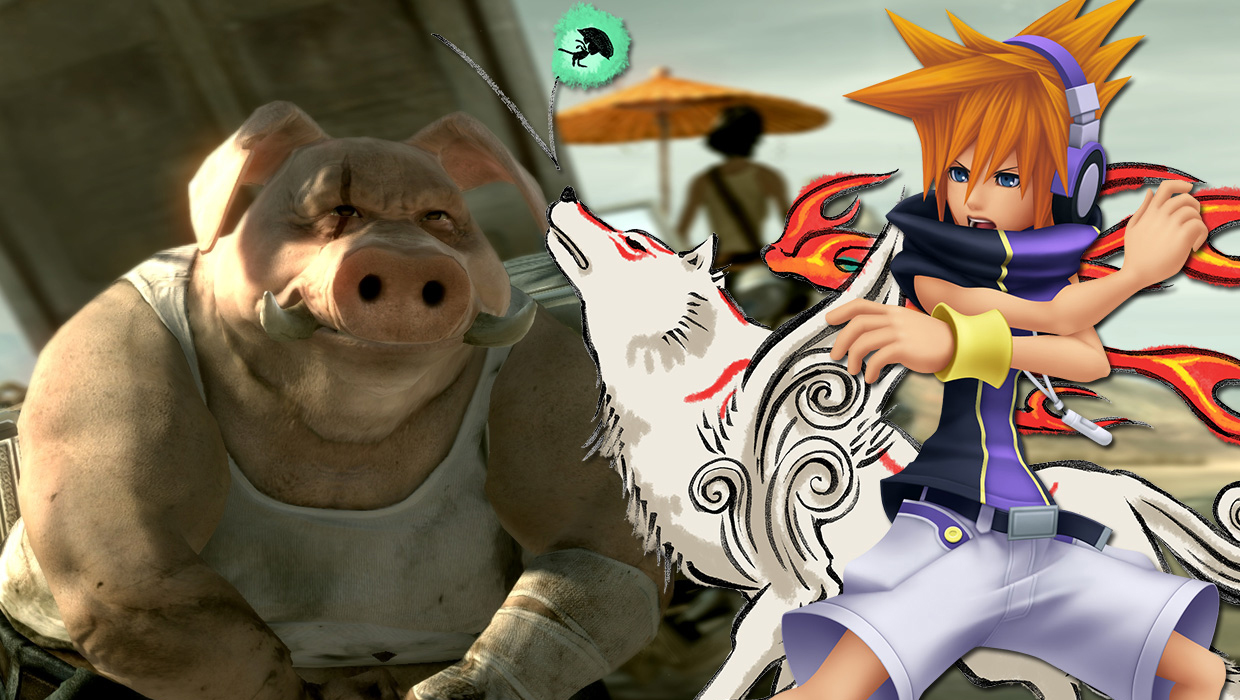
Not every game needs a sequel; hell, the industry would be a much more creative place if sequels weren't the de facto response to any amount of success. Other times, though, it takes another whack at a concept to really perfect an idea. Uncharted 2, Mass Effect 2, Assassin's Creed 2, Dead Space 2--there are dozens (or, at least, those four) of examples of good games leading to great sequels. But then there are times when a game that would totally benefit from a sequel just never seems to get one.
Why? Maybe the original just didn't sell well. Maybe the copyright is bouncing around limbo and no one cares to fight for it. Maybe that great game you remember simply wasn't as good as you recall. Or, maybe, the people who made it are just doing other things. Today, we're taking a look at games begging for sequels, and explaining why they aren't happening just yet. Want to see what the developers of games like Okami, Heavenly Sword, and Eternal Darkness are doing instead of making the sequels you want? Here's your depressing cheat sheet.
Shenmue (Originally directed by Yu Suzuki at Sega)
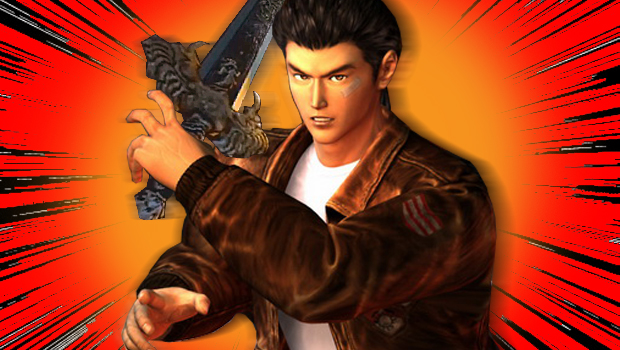
Why? Suzuki has been called the Shigeru Miyamoto of Sega (most notably in an article on this site). In his lengthy stay at the company, Suzuki worked on a number of titles, from Out Run to Virtua Fighter, and acted as R&D Creative Officer for many years. For most, though, his crowning achievement came with the release of Shenmue, which did get a sequel.
But where's Shenmue III? Well, nowhere--especially with the creative heart behind the game working on iOS games. Suzuki stepped down from his position of Head or R&D at Sega a few years ago, and has spent the last few years making mobile games like Virtua Fighter Cool Champs and Shooting Wars. He tried relaunching Shenmue with a social game in 2010 (but you can probably guess how that went), and considering how poorly the first two games performed financially, a full-fledged sequel likely isn't in the cards.
Psychonauts (Originally directed by Tim Schafer at Double Fine Productions)
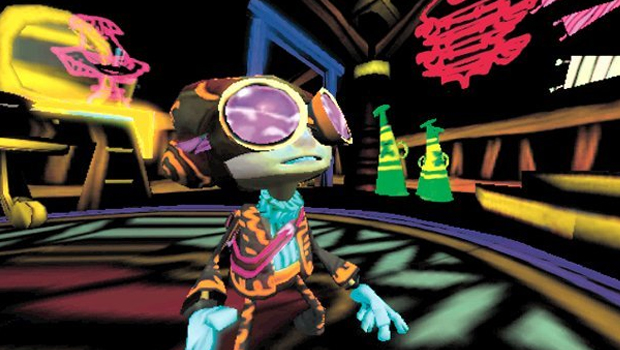
Why? Psychonauts sold poorly, but it wasn't entirely Double Fine's fault--the blame can be aimed towards the publisher Majesco for failing to properly market its clever game (which seems to be a trend for Schafer's studio). Even so, that makes getting a publisher on board with a sequel kinda difficult, even if Double Fine still owns the rights to the franchise.
It almost happened recently, when Mojang's Notch and Schafer had a public discussion on Twitter about the Minecraft developer fronting the bill for a sequel, but things fell through when Notch found that it would cost upwards of 20 million dollars to get the (psychic) ball rolling. A big-budget sequel would also be somewhat at odds with Double Fine's current ethos. Schafer's company is getting more and more comfortable with developing niche games--like Broken Age and Massive Chalice--funded by crowd-sourcing. Is a Psychonauts 2 Kickstarter on the horizon? Probably not, but there's a better chance of that than Majesco publishing a sequel anytime soon.
Metroid Prime (Originally directed by Mark Pacini at Retro Games)
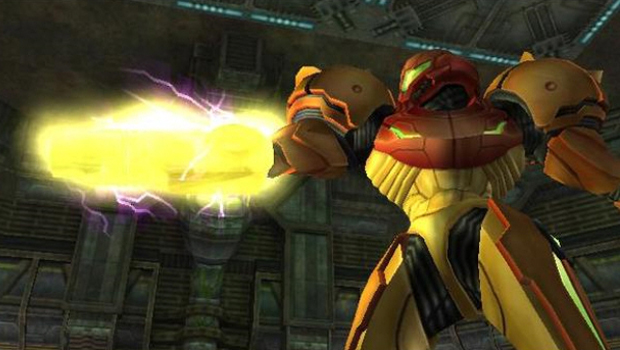
Why? Metroid Prime was super controversial. One of the biggest Nintendo franchises was being A) handed over to an American developer (located in fucking Texas?!), and B) being turned into a first-person shooter. But the Prime trilogy was outstanding, and many believe that a Retro-made first-person game set inside of Samus' visor is just the thing the Wii U needs.
Sign up to the GamesRadar+ Newsletter
Weekly digests, tales from the communities you love, and more
Problem is, Retro has been spending the last few years working on the Donkey Kong Country series, so it might not have time to do both. Also, if it was to dive back into Metroid, it'd need to do so without Mark Pacini, the director of all three games in the Prime series. He left to create Armature Studios, who developed the (sort of ok?) Batman Arkham Origins: Blackgate. Retro could still make a new Metroid Prime--and, hell, it might be working on it right now--but it likely wouldn't include the guy who directed the first three.
Beyond Good & Evil (Originally directed by Michel Ancel at Ubisoft)
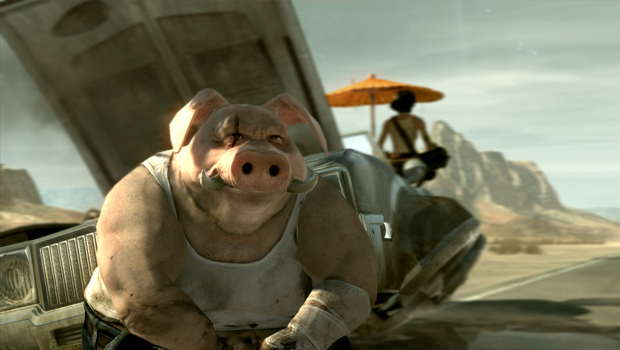
Why? Beyond Good & Evil 2's development has had so many starts and stops that it's safe to assume anyone following it must be suffering from some pretty severe whiplash. I wrote an article specifically about this a few months ago, but here's the jist of it: it might be in development right now, and it also might have been in development for upwards of five years--but there's also a chance that it might be vaporware.
Approximately once a year, director Michel Ancel tells a French magazine or newspaper that it's happening, but we haven't really seen anything since it was originally announced in 2008. Since then, Ancel helped relaunch Rayman as an impressive 2D platforming franchise, so odds are he hasn't had much time to tinker with Jade and Peyj's next title, especially if the delay was supposedly because BG&E2 got too big for last-gen hardware.
Eternal Darkness (Originally directed by Denis Dyack at Silicon Knights)
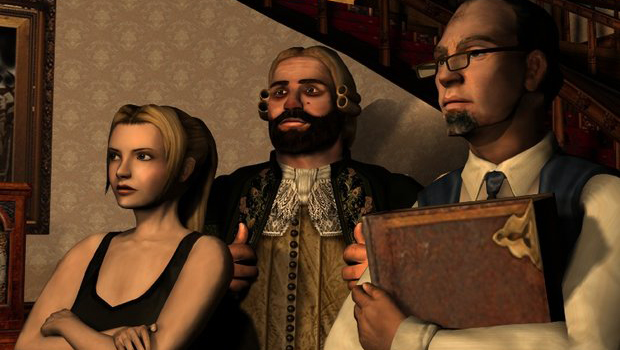
Why? This is a strange one. Ask anyone who played the original Eternal Darkness, and they'll agree the psychological thriller is in dire need of a sequel (or at least a big, next-gen spiritual successor). Even Silicon Knights Denis Dyack, director of the original game, actively wants to make one, and created a studio with that goal in mind. Problem is, no one--not even Eternal Darkness fans--trusts Dyack with their money.
Any chance of a true sequel happening was squashed due to legal problems between Silicon Knights and Epic Games (which involved, among other things, Epic stopping production of Eternal Darkness 2), and Dyack's shaky history will undoubtedly make it difficult for him to gain any favor with big publishers. Dyack launched a Kickstarter for Shadows of the Eternals, a spiritual successor to Eternal Darkness, but it failed--twice--causing the game to be put on hold.
The World Ends With You (Originally directed by Tatsuya Kando and Tomohiro Hasegawa at Square-Enix)
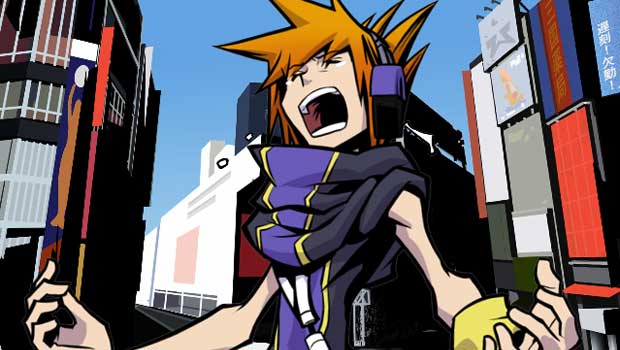
Why? The World Ends With You did alright when it released on the DS--selling enough to keep the title on Square-Enix's radar. Recently, the original game was re-released for iOS as The World Ends With You -Solo Remix- (lol, Square's game names), which was a fairly impressive port with new art and a revamped combat system to account for the lack of a second screen.
There are even some clues in Solo Remix that hint at a sequel, but, alas, we still haven't heard a peep on that front. Directors Tatsuya Kando and Tomohiro Hasegawa worked together on some of the handheld Kingdom Hearts games (which, coincidentally, had cameos from The World Ends With You characters), so they might be helping on the recently announced Kingdom Hearts 3, but there's no way to know.
Okami (Originally directed by Hideki Kamiya at Clover Studio)
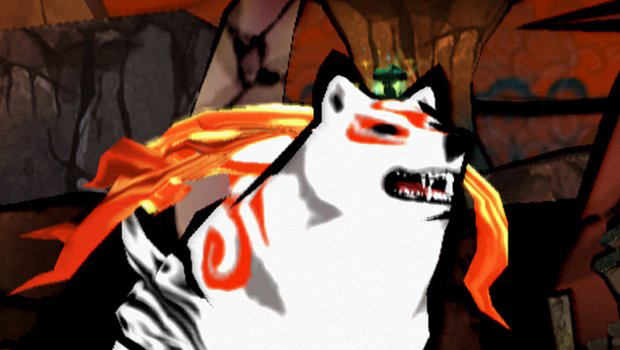
Why? Kamiya worked on Okami (and Viewtiful Joe and God Hand) while he was at Clover, a Capcom-created studio that churned out six games between 2003 and 2006. After the release of God Hand, Capcom decided to shut down the office, leading former Clover developers to open Platinum Games. There, Kamiya worked on Bayonetta, Wonderful 101, and now acts as supervisor to Bayonetta 2.
Since Capcom still owns Okami, it'd take a small miracle for a real sequel to be released with Kamiya's name on it. Capcom published a handheld sequel called Okamiden in 2011, but it lacked a certain je ne sais Kamiya.
Legend of Dragoon 2 (Originally directed by Yasuyuki Hasebe at Sony)
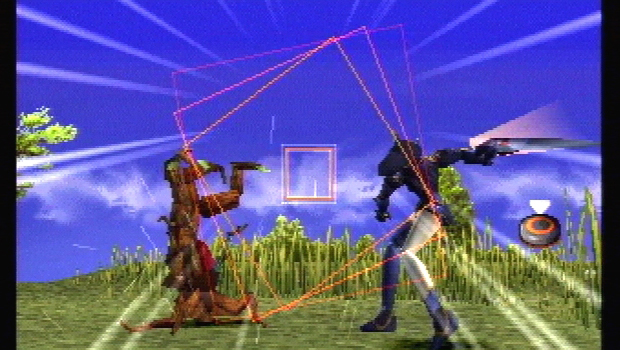
Why? Legend of Dragoon had a sequel in development at one point, but it was cancelled for unknown reasons. That, for the most part, is all we know about the future of the Legend of Dragoon series. Since its release in 1999, fans have been clamoring for a follow-up by way of online petitions. But besides the original finally being made available on the PlayStation Network, not a word has been murmured about the franchise.
And director Yasuyuki Hasebe? Nothing. Not a peep. As far as the Internet (and, thus, our research) is concerned, Hasebe designed the battle system for Super Mario RPG, directed Legend of Dragoon, then fell off the planet.
Heavenly Sword 2 (Originally directed by Tameem Antoniades at Ninja Theory)
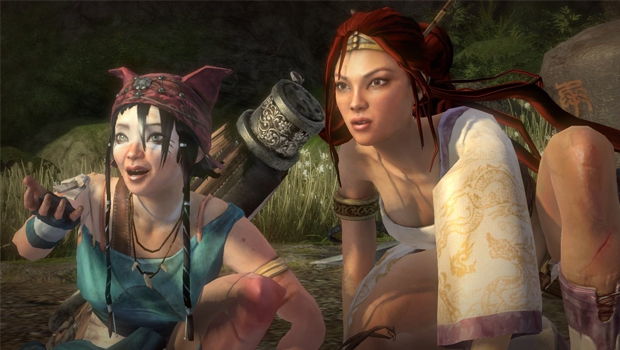
Why? Heavenly Sword didn't just have a sequel planned--it had two sequels planned. "We've had the story for the sequel for a while now," Tameem Antoniades said in 2007. "Hopefully, if this game is successful, then there's no reason why there shouldn't be a sequel and we'd very much like to go into that." As time went on, however, nothing materialized, and Ninja Theory moved away from exclusives towards multiplatform releases, eventually going on to develop Enslaved and the DmC reboot.
While it appears that Sony still cares about Heavenly Sword--enough to toss Nariko into PlayStation All-Stars Battle Royale and to fund a CGI film based on the game--the developer would rather move on to new things. If a new Heavenly Sword were to be made, it'd likely be done sans Ninja Theory.
Perfect Dark (Originally directed by Martin Hollis at Rare)
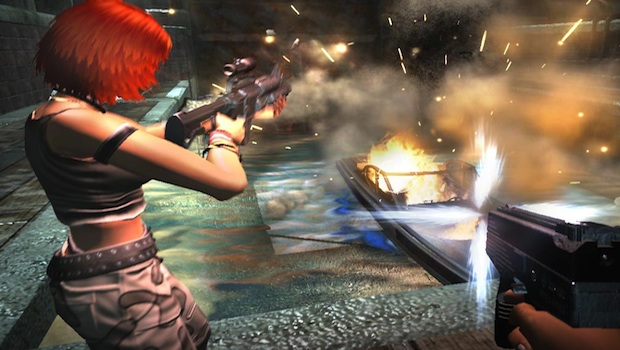
Why? When Microsoft bought Rare from Nintendo, it put the developer to work on a prequel to Perfect Dark; the result, as we all know, was a mess. The company was given a few more chances to make big, AAA games in Viva Piata and Banjo-Kazooie: Nuts & Bolts, but neither were successful enough to prevent Rare's inevitable transition from FPS mega studio to developer of miscellaneous casual games. According to ex-Rare employees, sequels to Perfect Dark were occasionally pitched to Microsoft with hopes of rebooting, rebranding, and saving Joanna Dark--but they were all slashed down in favor of games like Kinect Sports Rivals.
And director Martin Hollis? His most recent project is an experimental indie matchmaking game called Aim For Love, which aims to match real couples together. So no, he won't be contributing, should it ever happen. As for the rest of the team? A few years before Microsoft bought Rare, several key Goldeneye/Perfect Dark staff left to form Free Radical Design. They created PD's spiritual successor in the form of the TimeSplitters series, but that itself has now stalled since Free Radical was bought by Crytek and rebranded Crytek UK in 2009.
Sadness, sadness
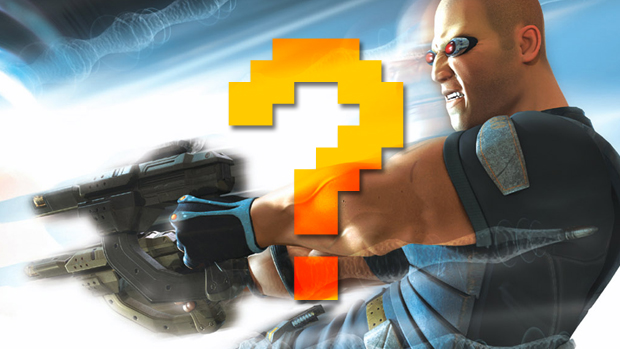
There are obviously plenty of other things that can cause a game to be denied a sequel, but we're not going to go into all of that today. Instead, we wanted to look at the things we did know, in hopes that it might give you some closure. We hope it's enough.
And if you're looking for more, check out dating sims that break all barriers and top 7 cancelled games we wish we could play.
Hollander Cooper was the Lead Features Editor of GamesRadar+ between 2011 and 2014. After that lengthy stint managing GR's editorial calendar he moved behind the curtain and into the video game industry itself, working as social media manager for EA and as a communications lead at Riot Games. Hollander is currently stationed at Apple as an organic social lead for the App Store and Apple Arcade.



